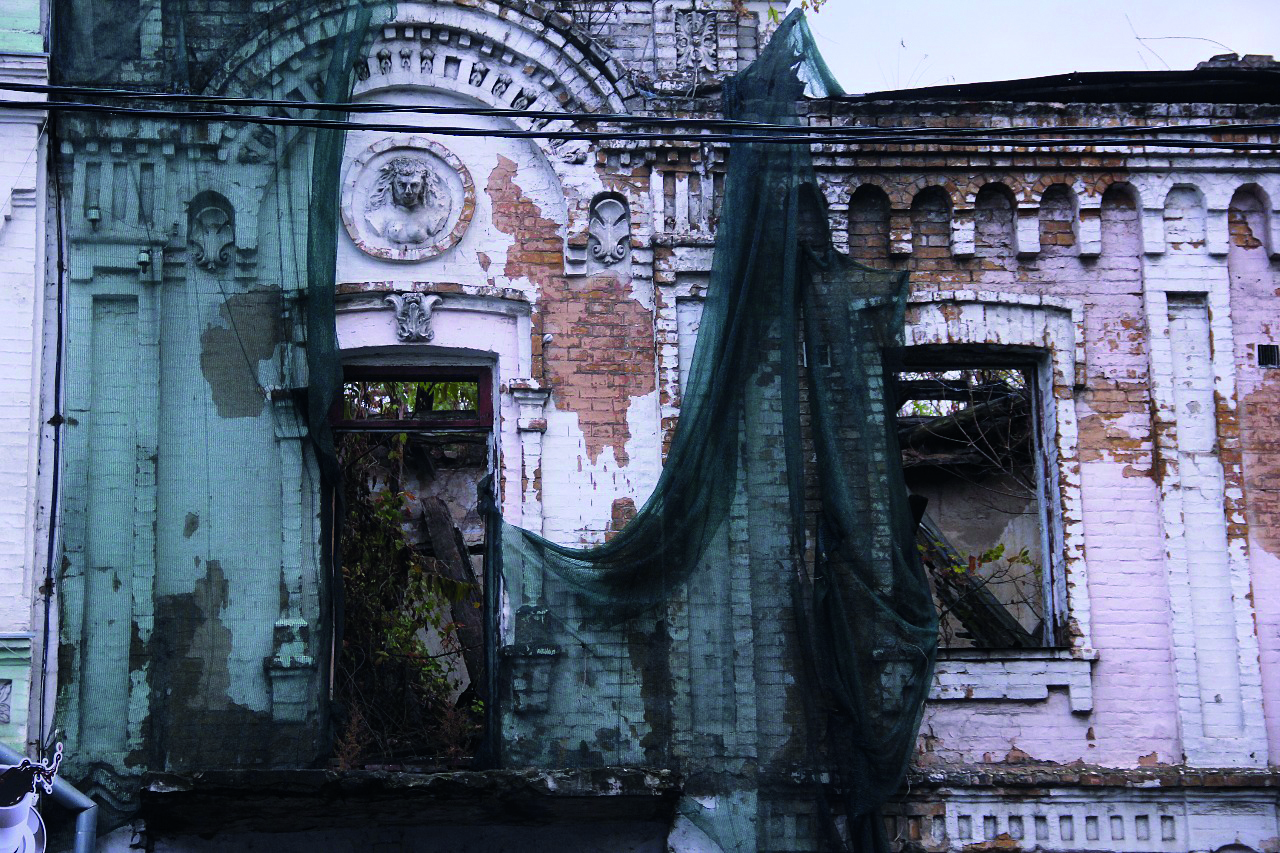Are you perpetuating corruption?

Is it ‘bizness’ as usual in your business? Realtor with more than 20 years of experience in Ukraine, Terry Pickard, shares his thoughts.
Look at Home
Back in the day, it was common practice in grocery stores for sugar to be sold damp to increase the weight. Or, for the scales to be ‘fixed’ to add weight, with the surplus sold as ‘specials’ for birthdays, weddings, and so on. This was ‘bizness’ – an expression that continues to this day. Corruption is not exclusive to this part of the world and certainly exists elsewhere. The difference is that in more recent times, much of the western world has taken steps to defeat it.
While major western institutions repeatedly and justifiably complain about Ukraine’s failure to address this issue with any fortitude, there are some institutions in Ukraine that, may be inadvertently, naively, or unwillingly perpetuating corruption within their own organisations. Here’s a few ways to check.
Western bank mangers. Check operations
Until recently, many local banks worked with just a small list of accredited valuers. Getting on the list was achieved by paying someone in the bank a substantial amount of cash. The scam then usually went something like this: you pay the accreditor to get accredited, then anybody applying for a loan must use a valuer from the accredited list. On the other side, the valuer is then paid by the potential borrower to inflate the value of the loan collateral by 20% (or more).
In 2009, when the property market really turned sour, many banks were faced with a significant problem: if an original value was 100, but the stated value was 120, and the bank had loaned 70% of the inflated appraised value of 120, the actual loan amount was 84, but when actual prices dropped by 40%, the real collateral value was just 60.
Friends of the embassy?
Generally, acquisition or leasing of embassy premises are handled by special representatives who directly represent their governments, so there is little to no opportunity for ‘fiddling’ in this area. However, leases for residential accommodation for diplomats are often handled by local embassy staff, and so for this particular sector the situation can be somewhat different.
If a scam does exist in these circumstances, it usually occurs in this fashion: the relevant person in the embassy often has a friend or relative who is a residential real estate ‘expert’ and the task of sourcing residential real estate is passed to that individual. The embassy pays the agent a normal fee for this type of service, probably 50% of one month’s rent. The agent then pays 50% of this fee back to the embassy employee who engaged them. It’s not complicated, but it’s probably more prevalent than you think.
Business – the real honeypot
International companies operating in Ukraine typically have local staff who are long term, whereas the expat management get rotated after three to five year assignments. The result can be a sort of internal mafia who keep control of certain matters inside the company. In real estate terms, a scam can occur when a company needs to relocate their offices and usually works like this: a tender for relocation services is issued to several real estate agencies and bids are received in response. The company official responsible then reviews the offers and suggests a specific agent to lower their price just enough to win the “tender” and the informative insider is given a bonus for their help. This used to be the norm for all government related tenders. To combat such practices, a transparent tender system called ProZorro was introduced, but these practices are still sadly common in private business.












